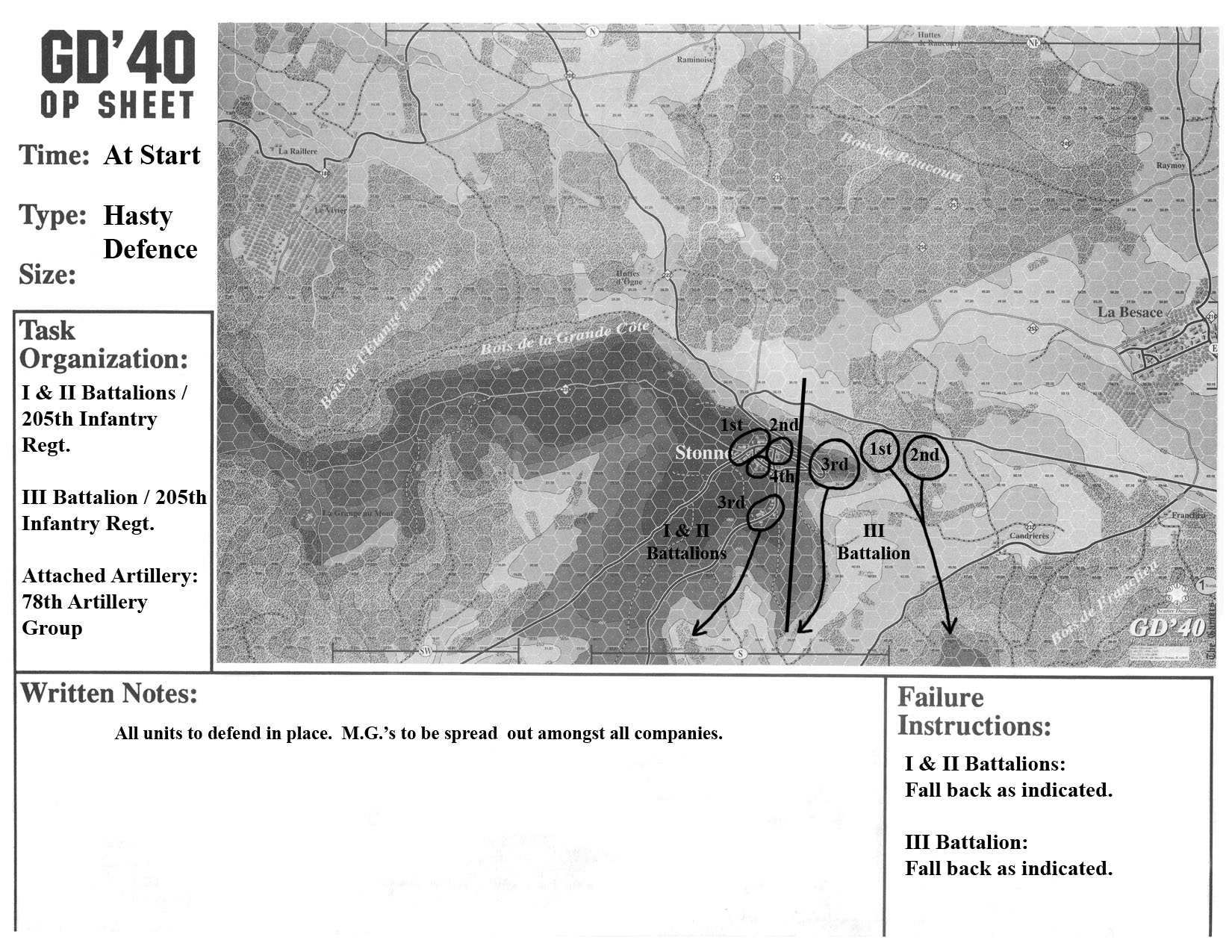IMO that's because there's a huge gap between devs and audience when it comes to RNG. On one hand most players interpret probability in simplistic ways (50% means hitting every other time etc.) while many games implement RNG just awfully , using systems that skew chances in favor of player, to meet their expectations, instead of simply making the spread of outcomes more reasonable. This results in systems that make the weirdest things happen and mechanics which accommodate it happening. 2 knights killing 100 peasants? Sure, that's a 2% chance... Except there's also a system which makes your chances grow with every miss, and eventually, the knights win. In turn, people get annoyed by such improbable RNG results, which were made possible by mechanics designed with the very same people in mind.I think many of the things people say they hate like randomness, leads to deterministic systems. I have noticed on some gaming threads like on Reddit etc there are many people who feel deterministic systems are somehow more 'strategic' and games with too much 'RNG' are 'bad'
The problem is more complicated, those people want those extremely skewed systems.
for the average unthinking consumer has a very different view of statistics. They can grasp 0%, 50% and 100%, but a lot of casual gamers treat 40% hitchance as if it was 20%, 20% as if it was 5%, 70% as if it was 90% and 99% as if it was 100%.
You see a lot more complaints on Steam about rng in games which use simple and accurate randomity systems than in those which use fake randomness meant to emulate the perception of most players.
A relatively large proportion of the world population just can't into statistics, and the tactical gaming market is catering hard to them. Which might or might not be involved in it's current rather sorry state.

















:strip_icc()/pic642088.jpg)



